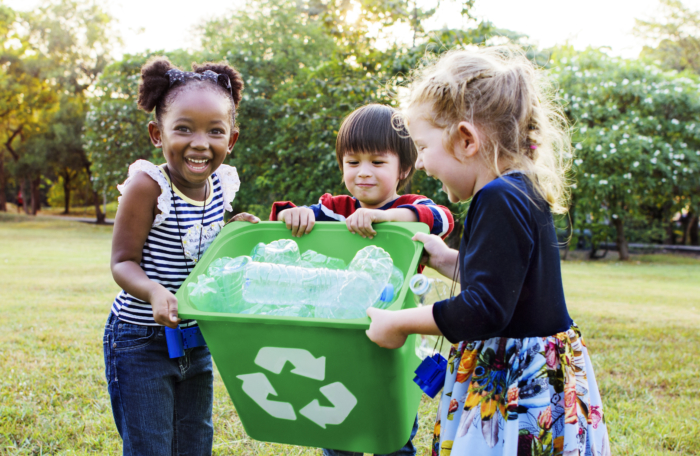Before outlawing plastic bags and straws, try persuasion
The Senate votes Wednesday on two bills to regulate the distribution of plastic straws and bags. Before making outlaws of restaurateurs and grocers, senators ought to consider that there are other, less heavy-handed ways to address the issue of plastics pollution — and they have been shown to work better than bans.
Up for a vote are House Bill 558 and House Bill 560. HB 558 would prohibit restaurants from serving plastic straws unless a customer specifically requests one. HB 560 would prohibit stores and food service businesses from providing single-use plastic carry-out bags. It also would force those businesses to offer reusable bags at a price of “no less than 10 cents” per bag.
The bills are intended to reduce the prevalence of these plastic items in nature. The targeted businesses, however, do not improperly discard plastic bags and straws themselves. They provide the items as conveniences to their customers. Many individuals later discard the products irresponsibly.
Littering — which is already illegal — is the major problem to be addressed. But rather than provide people with incentives to stop littering, legislators are seeking to pass laws that would burden New Hampshire retailers and food service providers.
Recent research suggests that persuasive measures such as education campaigns and strategically placed waste receptacles are more effective at reducing pollution than are plastics bans.
- An Australian study published last October in the journal Marine Policy found that education campaigns and additional waste facilities (trash and recycling bins) were far more effective at reducing coastal litter than were coercive policies such as plastic bag bans. “The best model included the total number of outreach programs and waste facilities,” the study found.
- That study is consistent with psychological studies that have found a positive impact from campaigns that portray littering as abnormal behavior looked down upon by the majority. Fewer people litter when they believe that most people like them don’t litter. Campaigns that focus on normalizing positive behavior have been shown effective at reducing littering.
- Placing more trash and recycling receptacles in state recreation areas where litter is a problem, such as Hampton Beach, is likely to produce sizable reductions in litter. Other studies have shown that more and better-placed waste receptacles can reduce littering.
To reduce plastics pollution, persuasion and incentives can be highly effective. They can reinforce positive social norms, creating a culture of good behavior in which more people voluntarily do the right thing. And they can do this without the negative economic costs that come from trying to achieve the same result through coercive business regulations.




The Center for Public Policy has this issue all wrong (and they know it). Plastics legislation is not about littering, it is about production of the plastic and the ubiquitous presence of every increasing micro-plastics in our air, water, and food – and now inside our own bodies. Every time a plastic item is produced, it will stay in our environment as plastic for eternity, even though it will be reduced in size, over time, to a near-molecular size. The amount of polycarbons in our environment is already at a dangerous level. The legislative effort is to take one small step to reduce the production of plastic in the first place, by reducing the demand for it, educating consumers with real facts and replacing plastics with alternative products that do biodegrade.